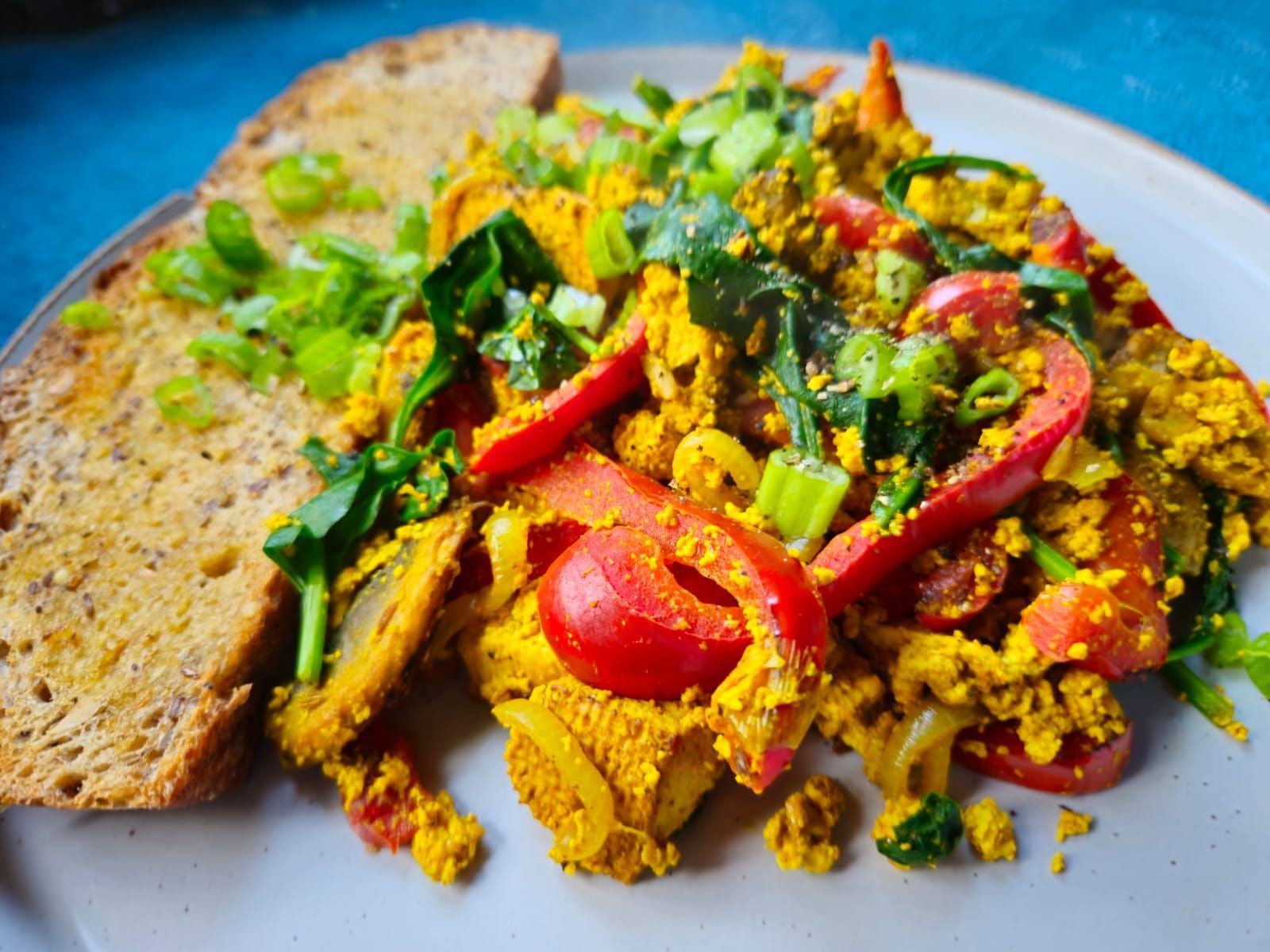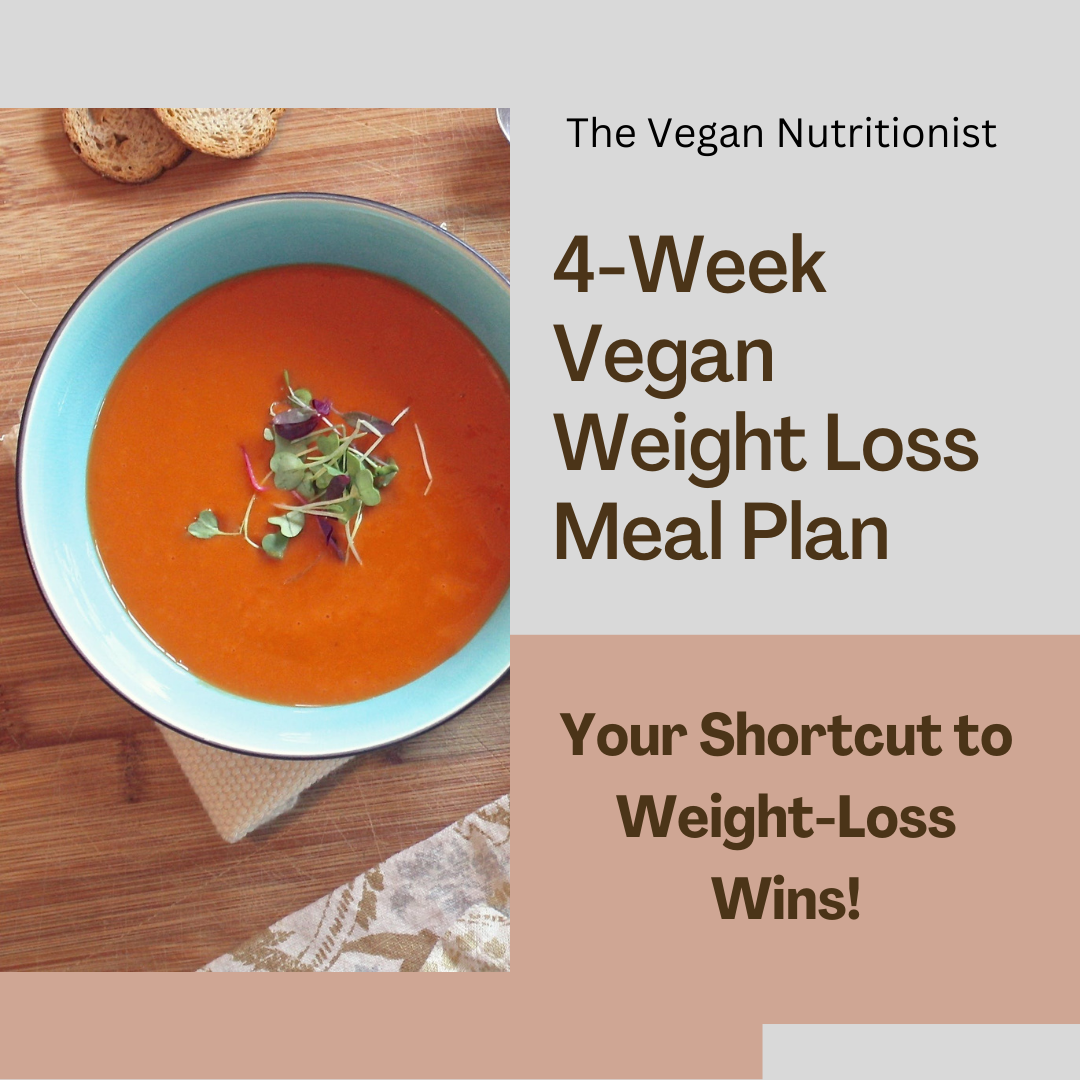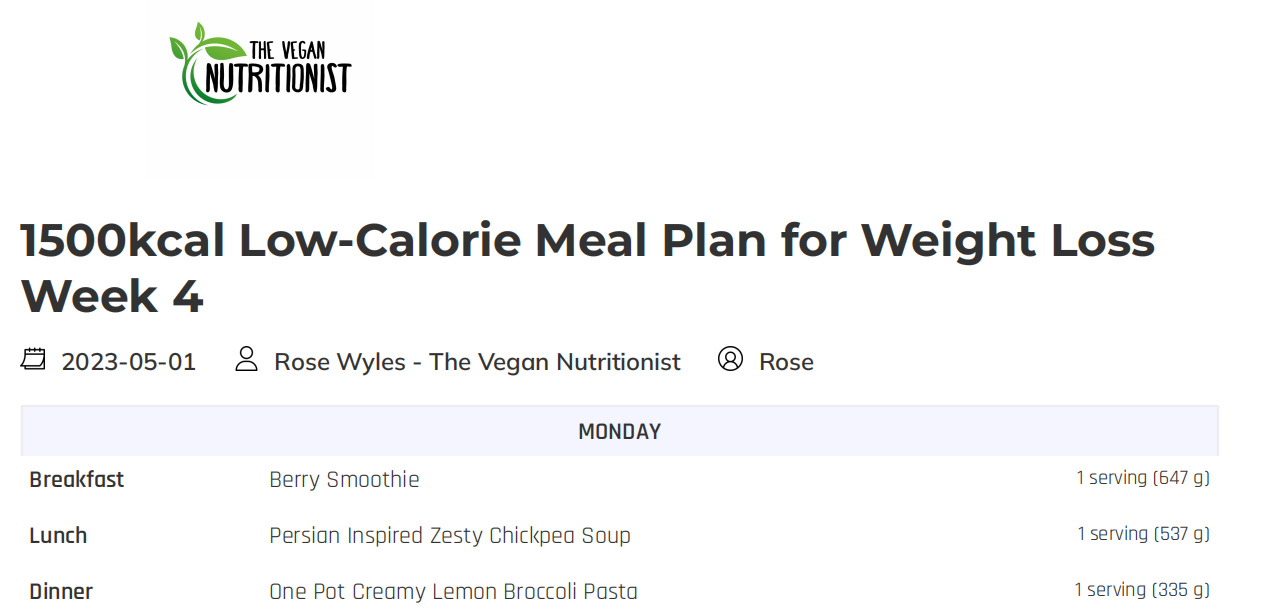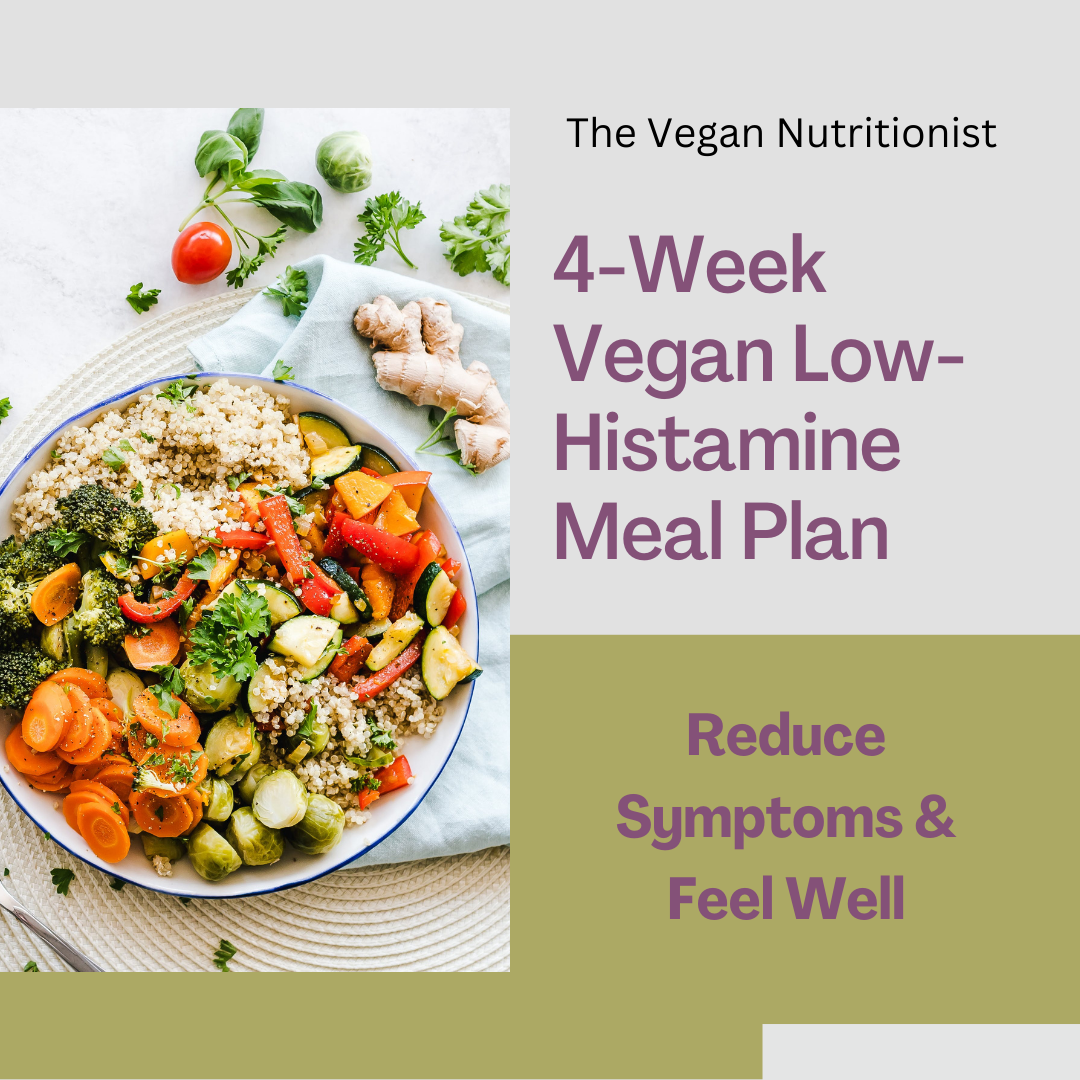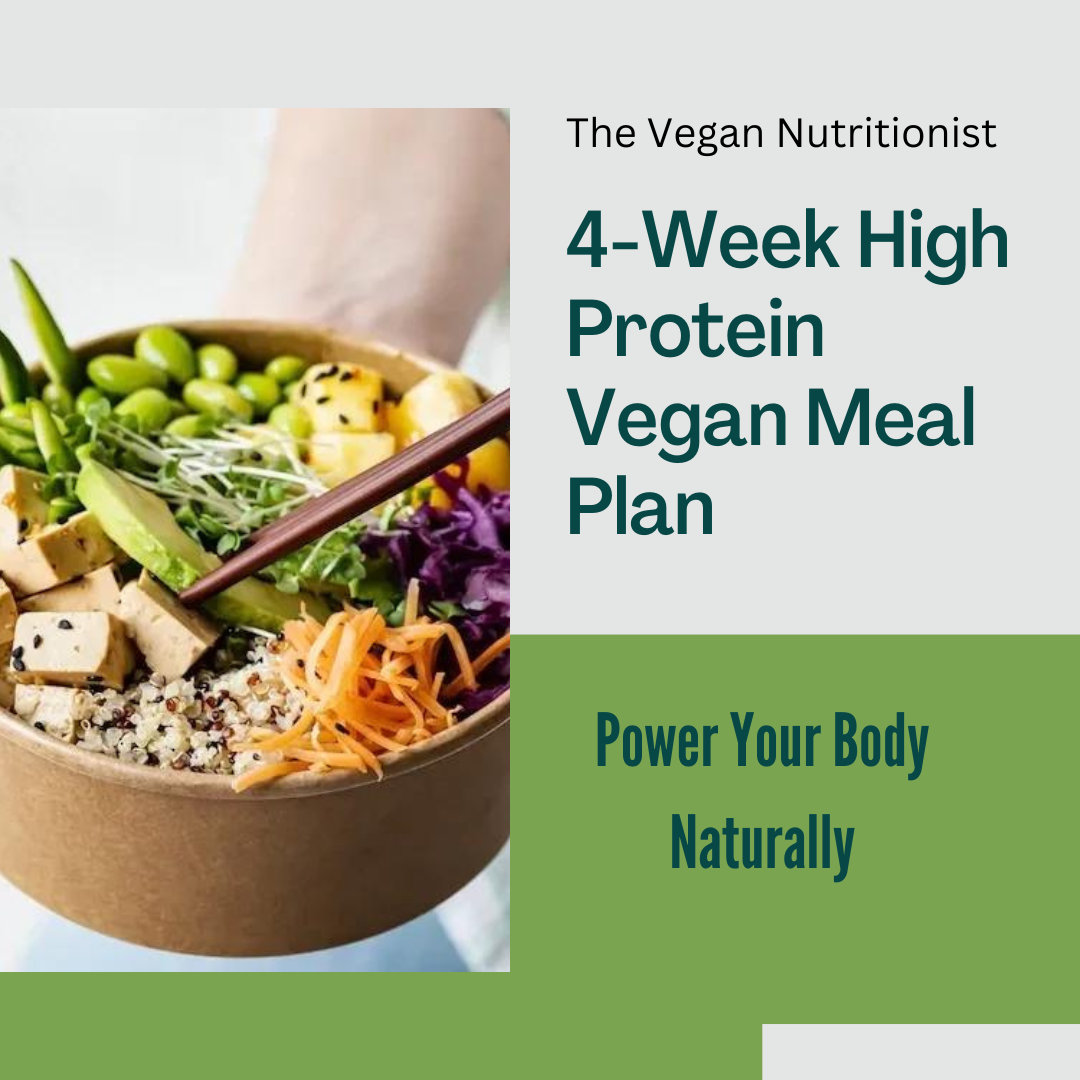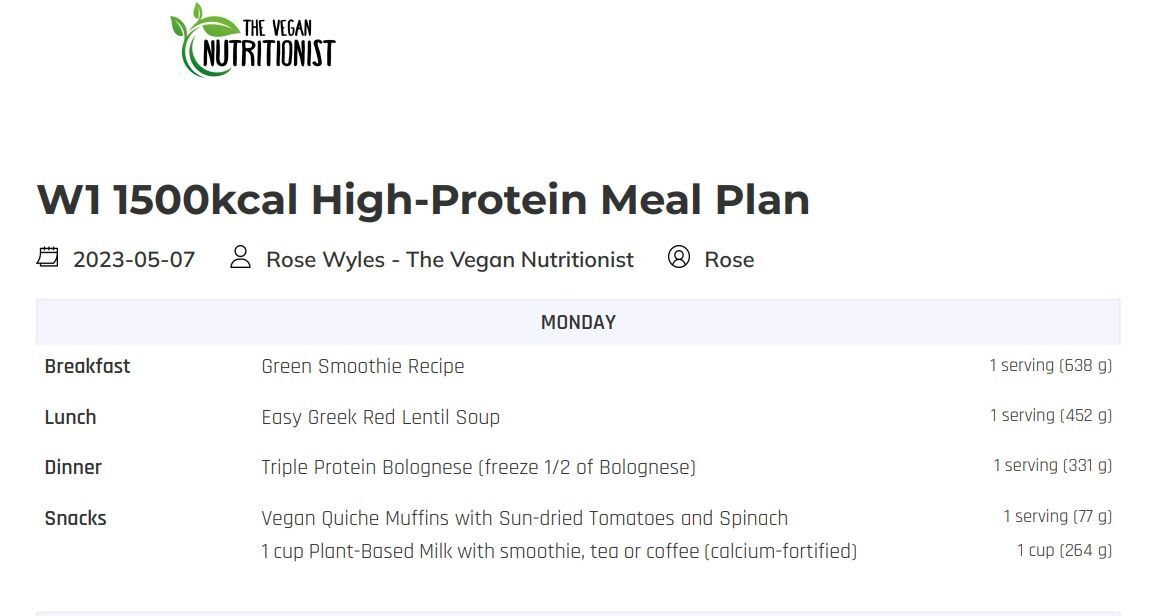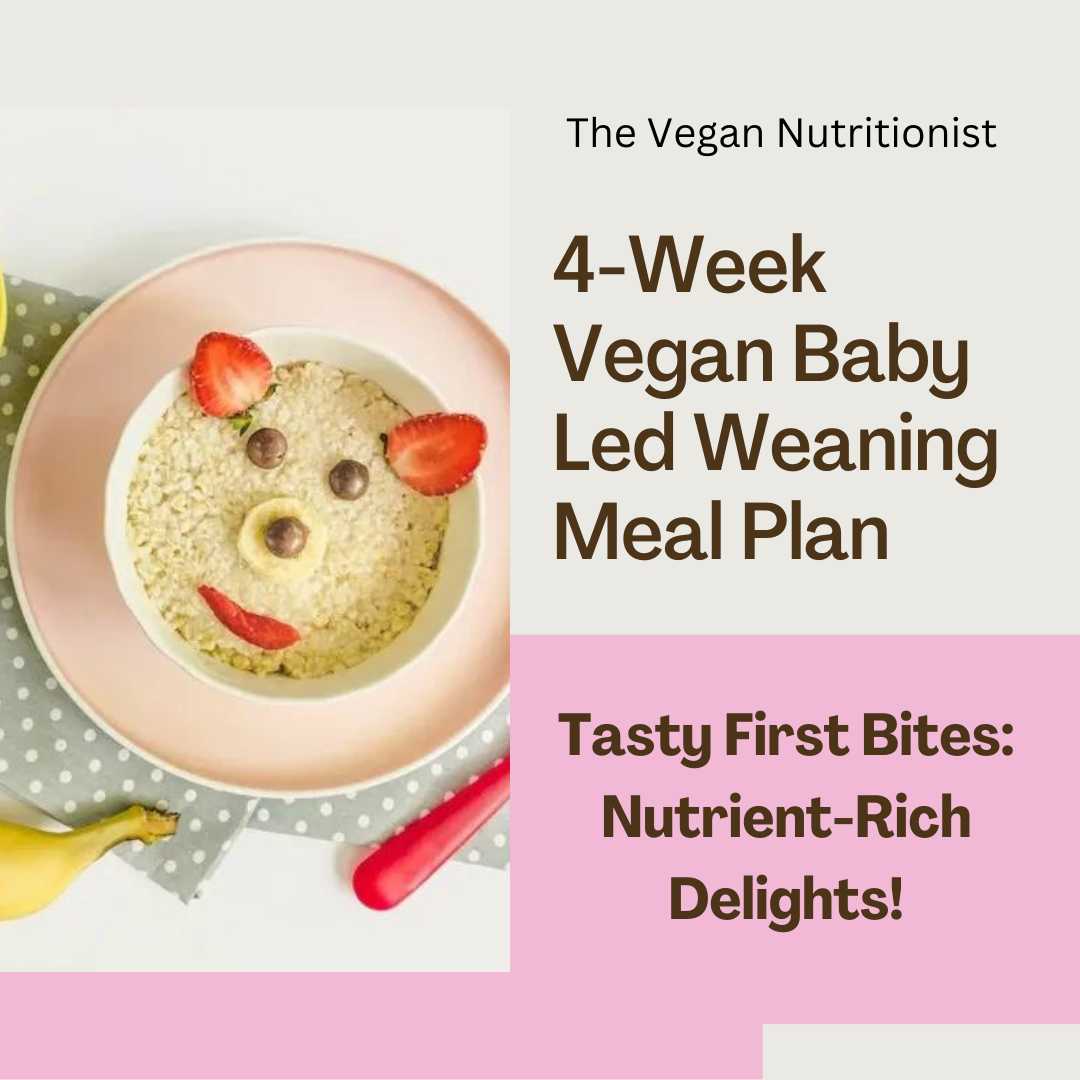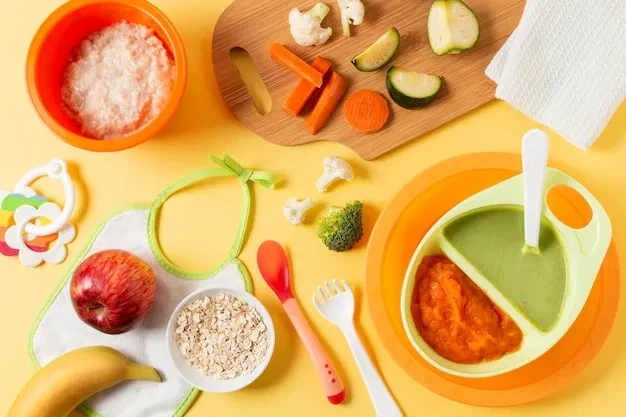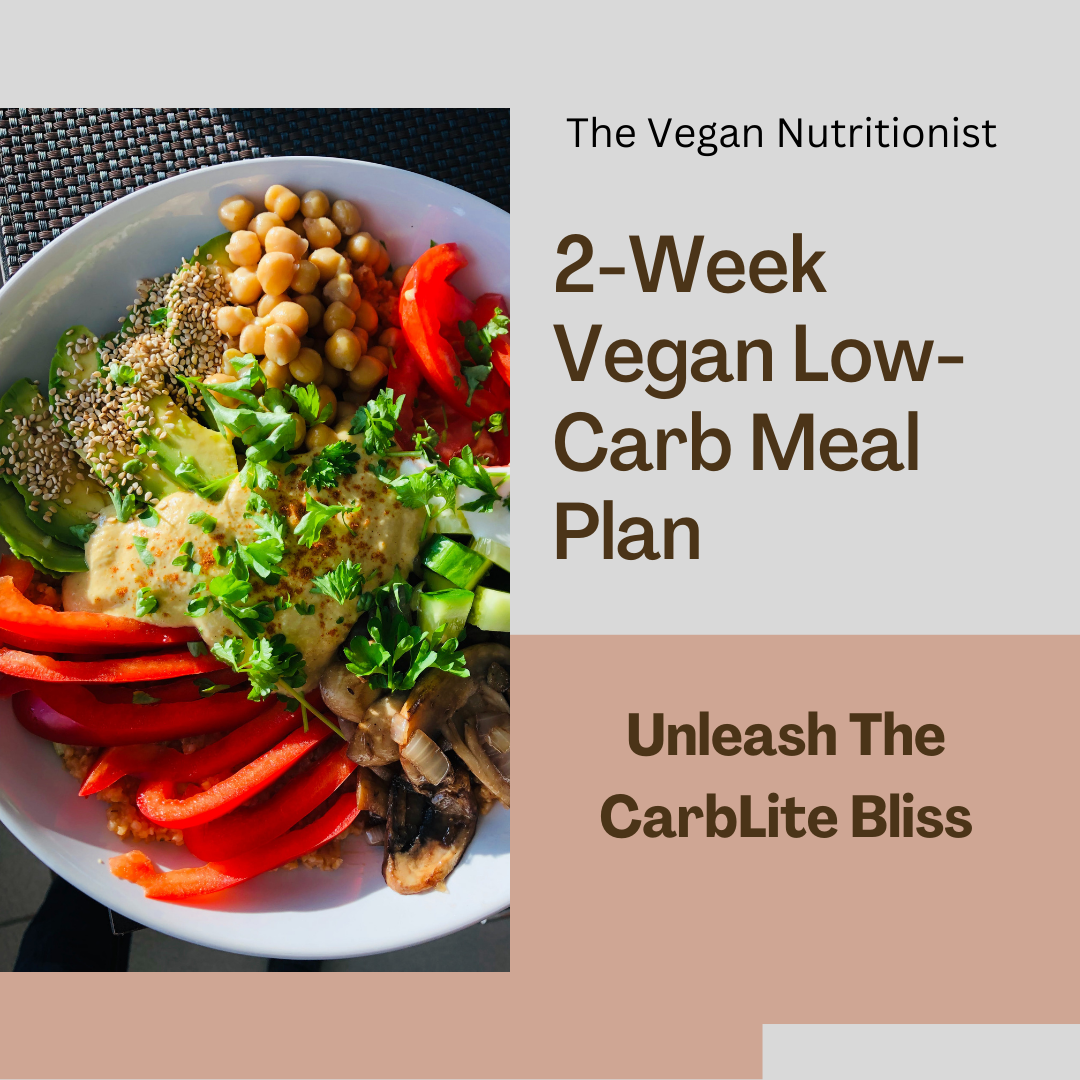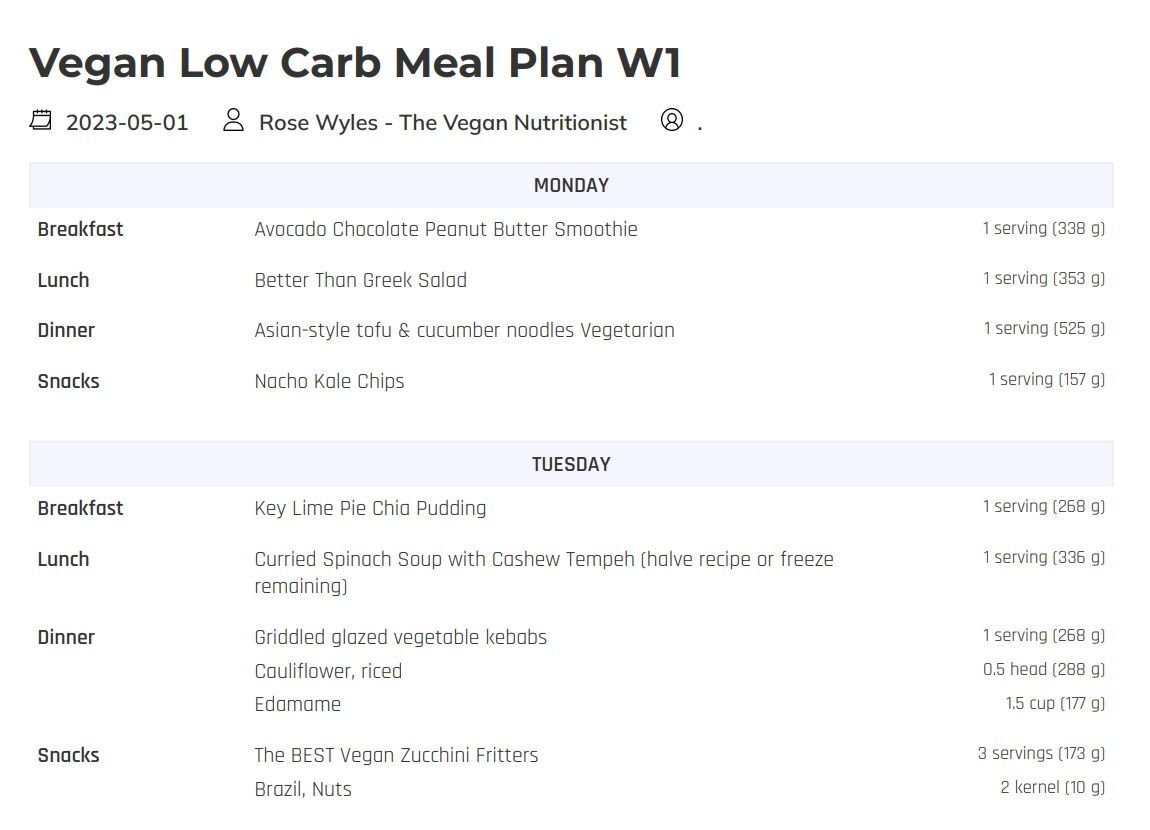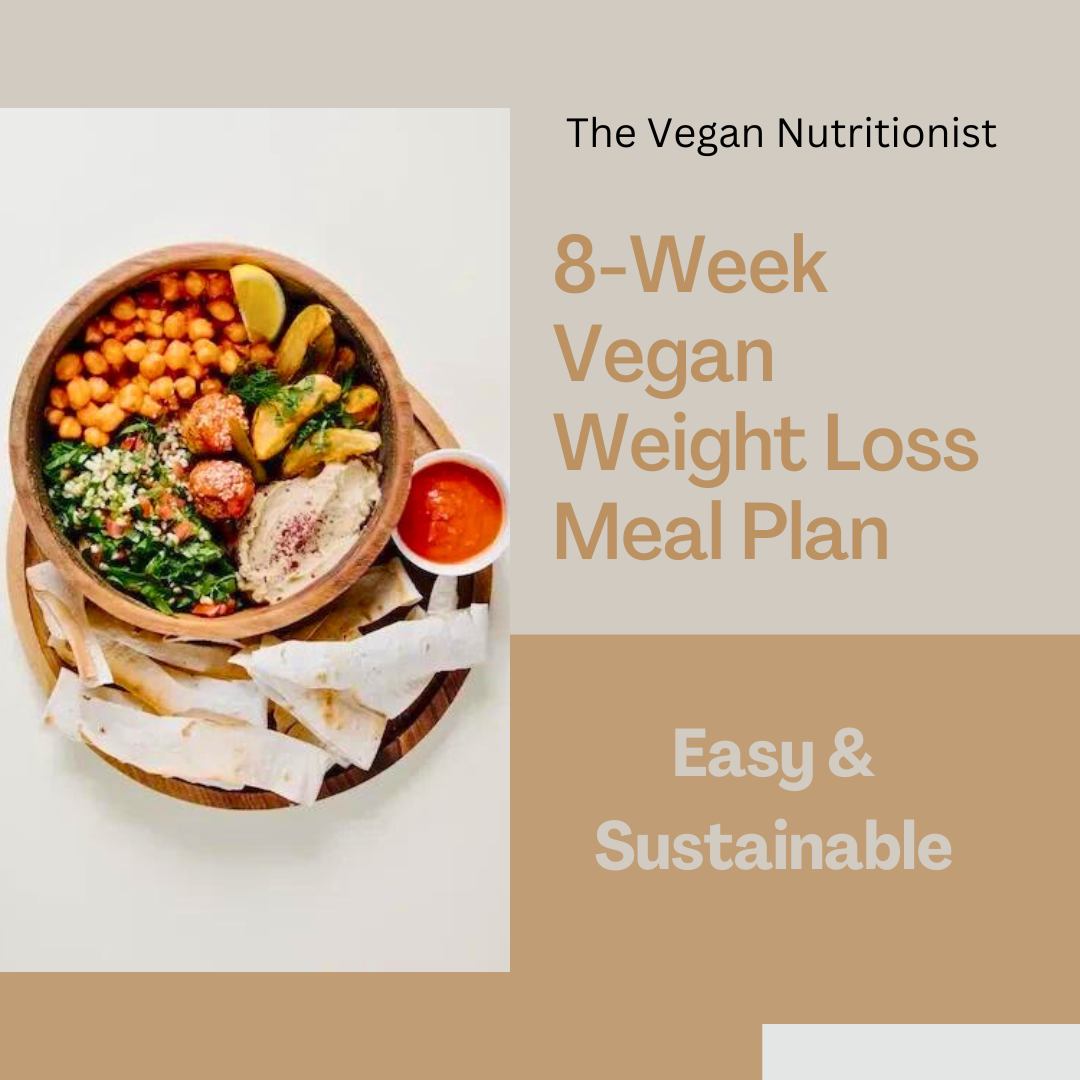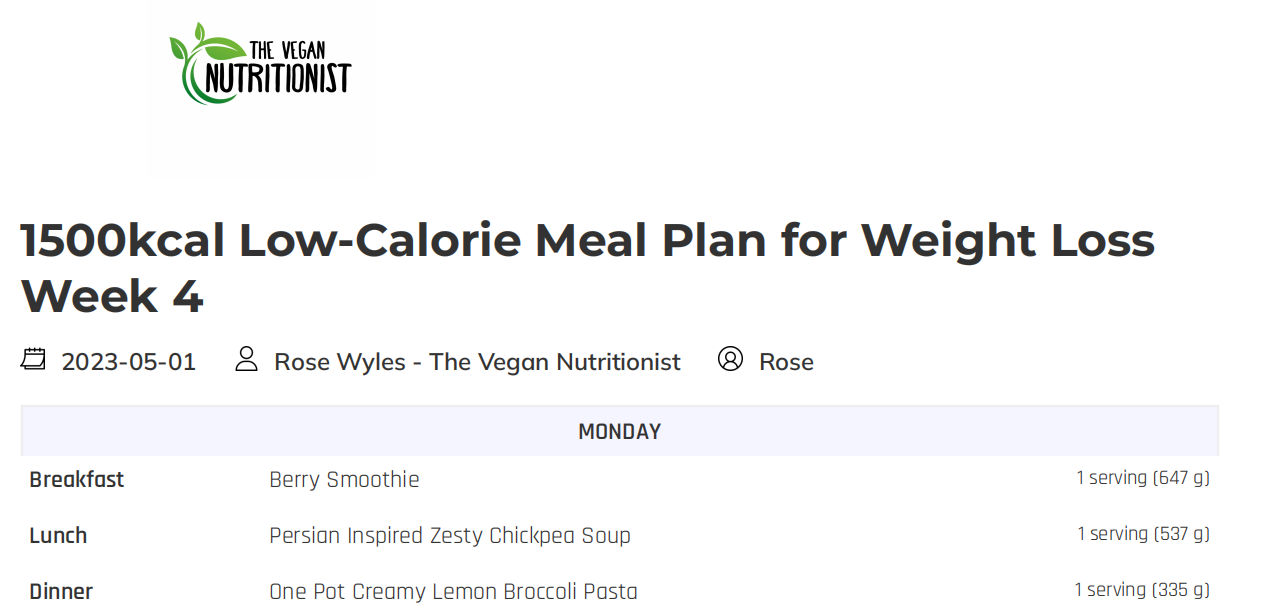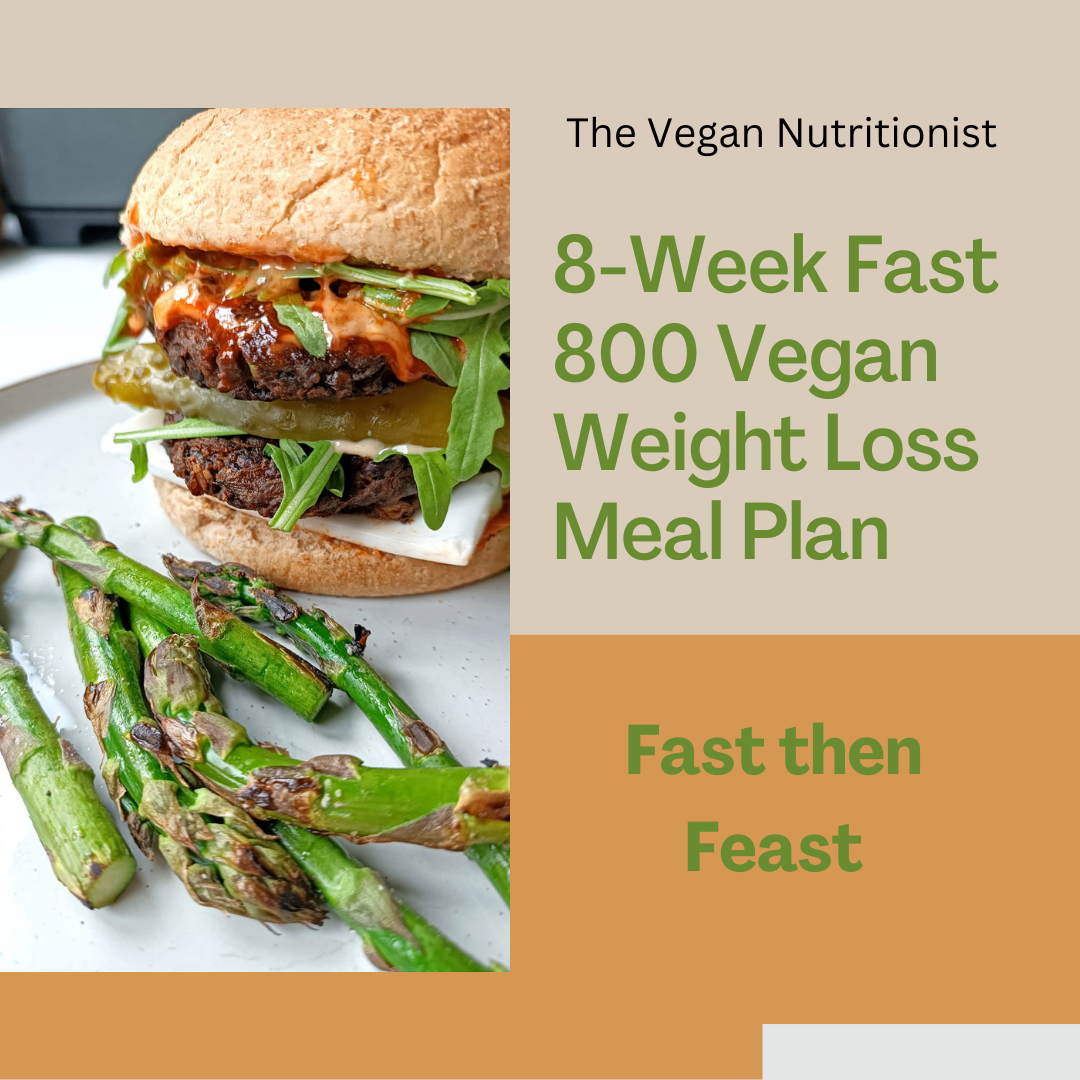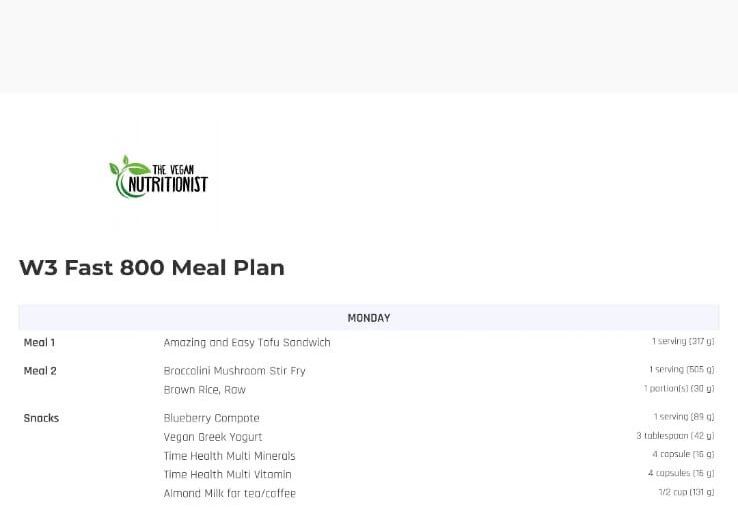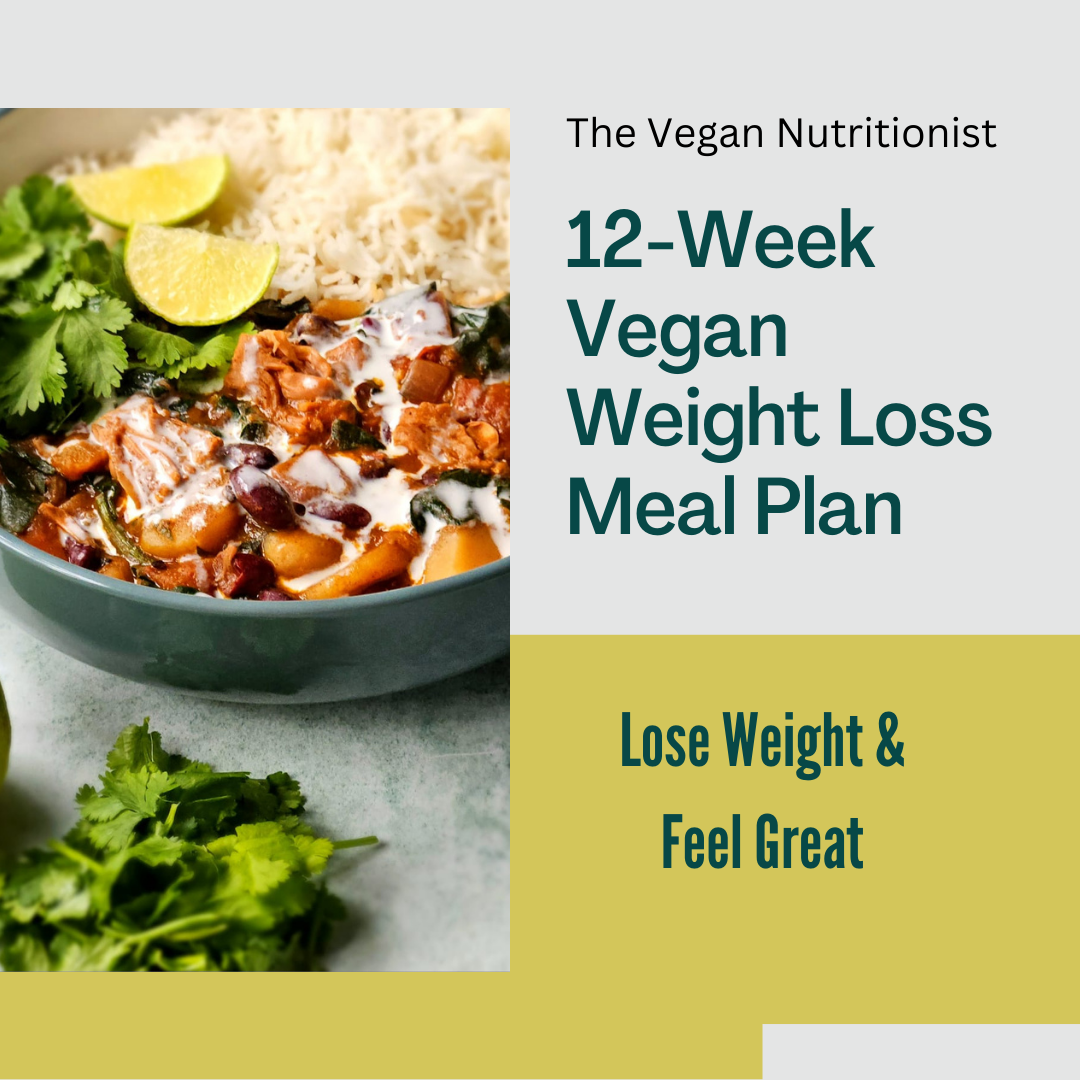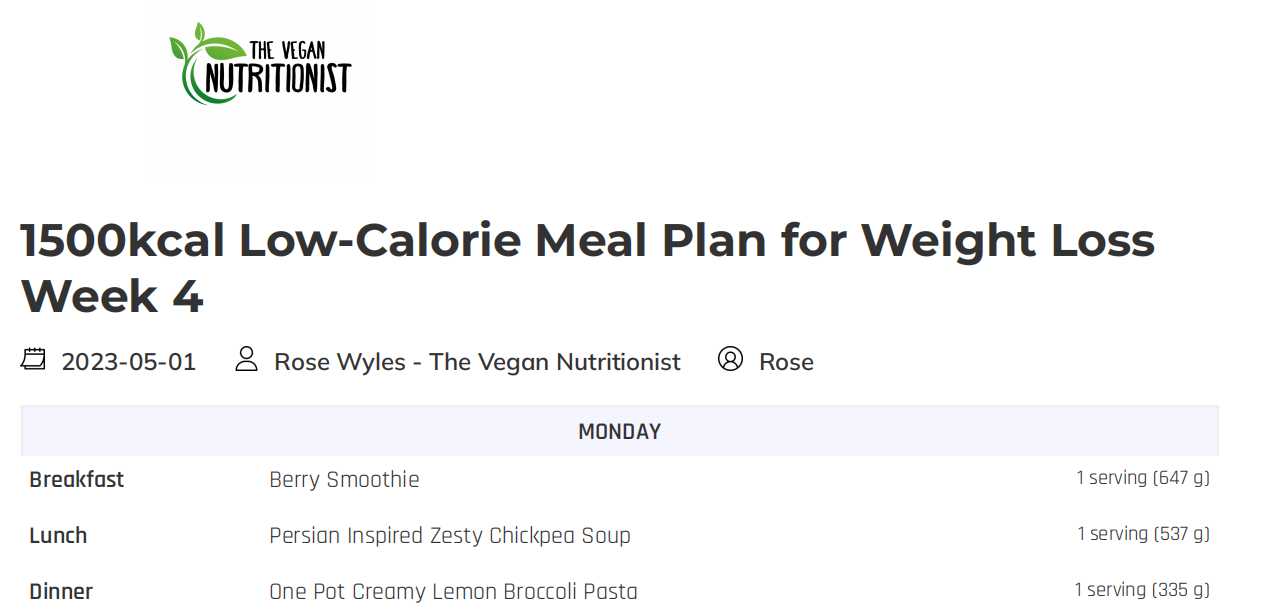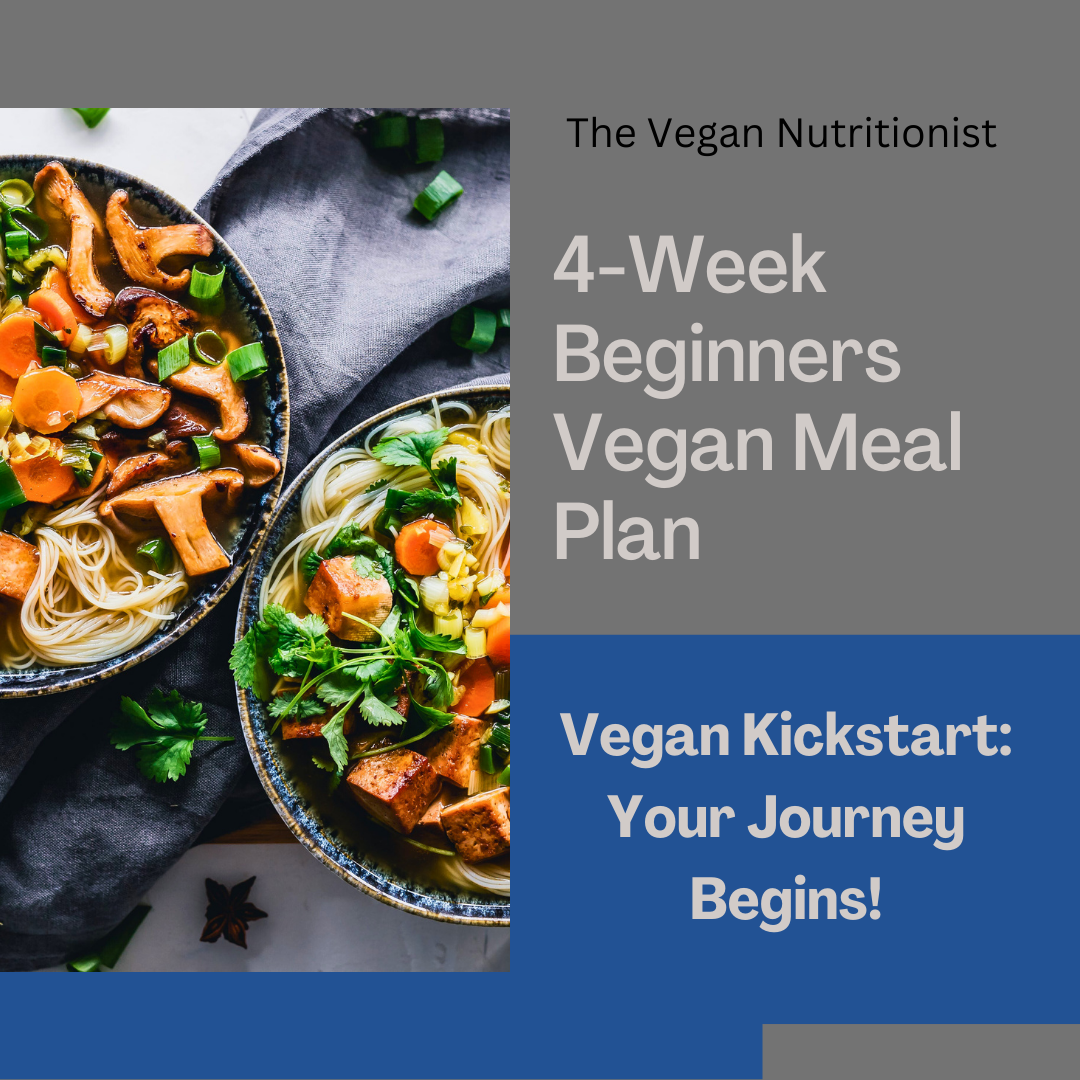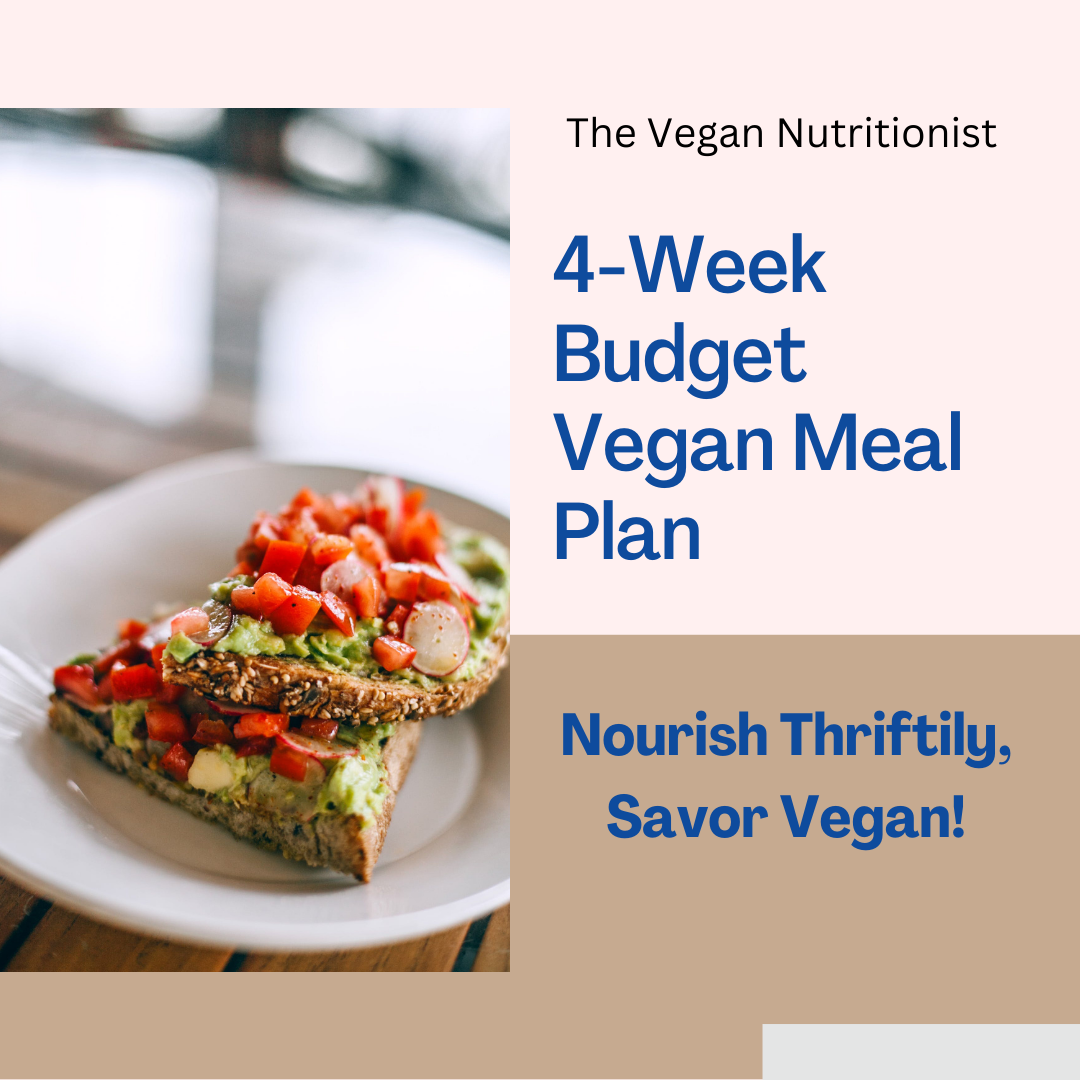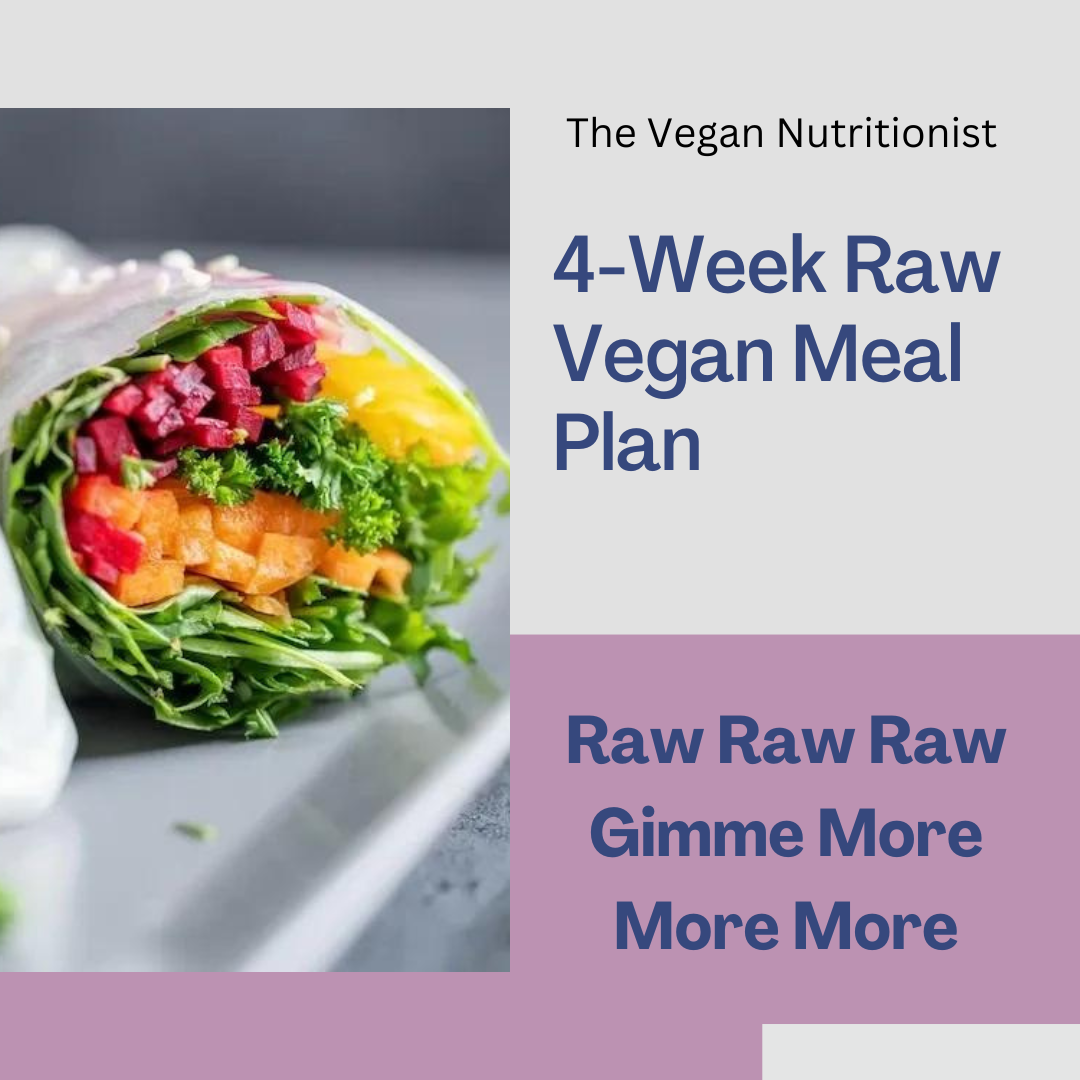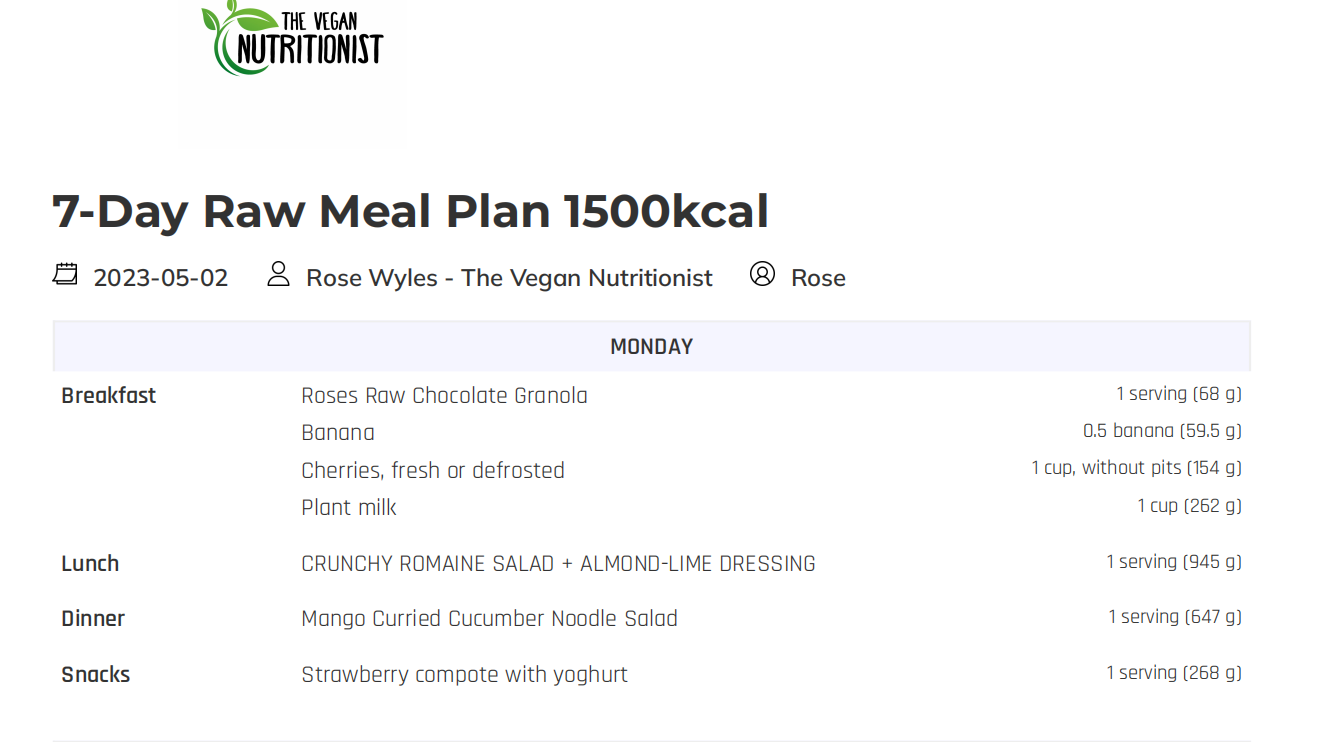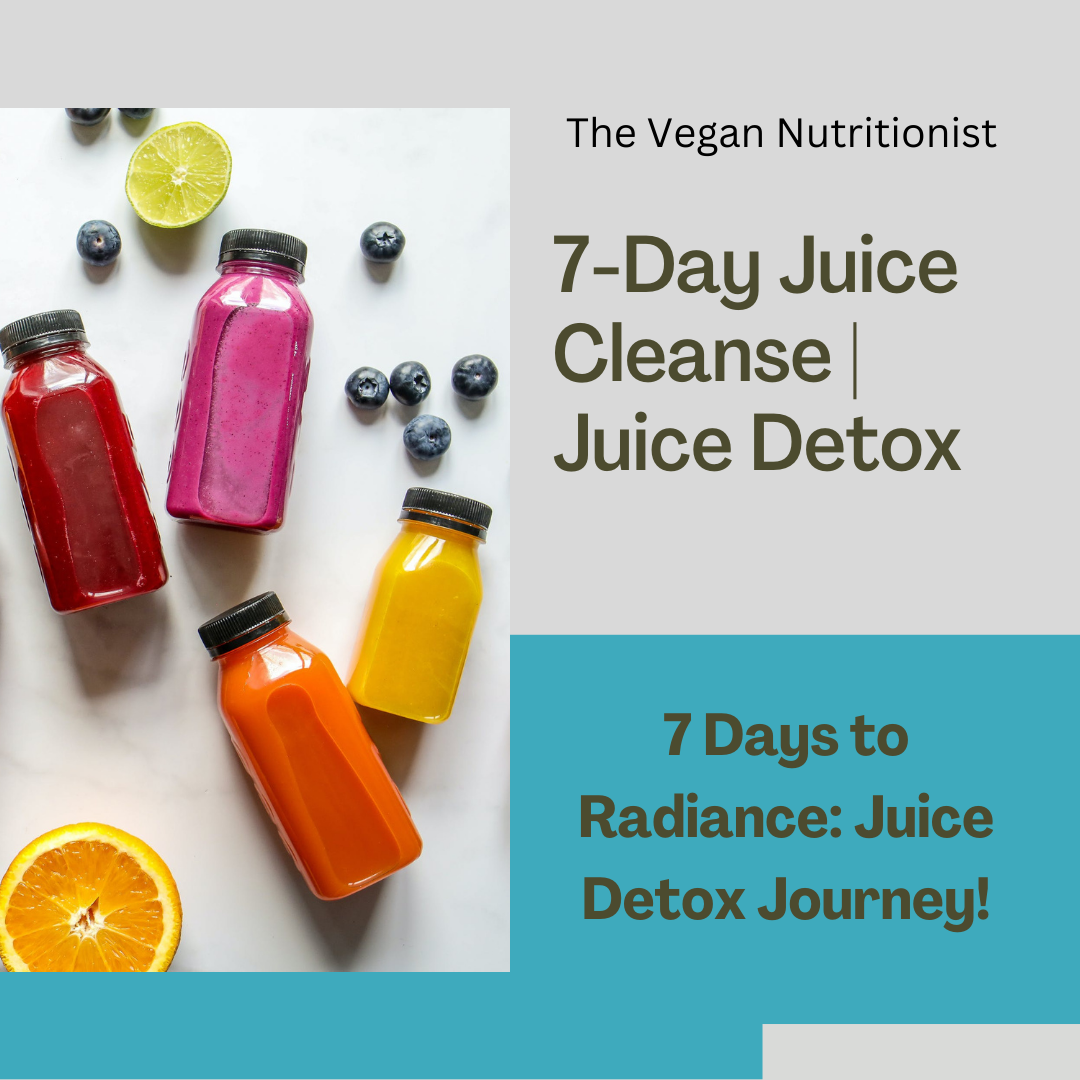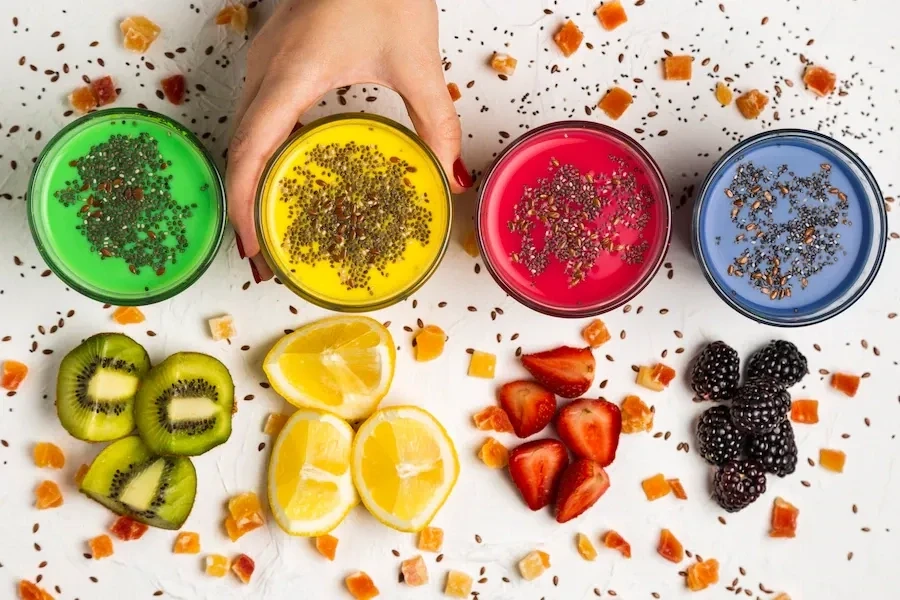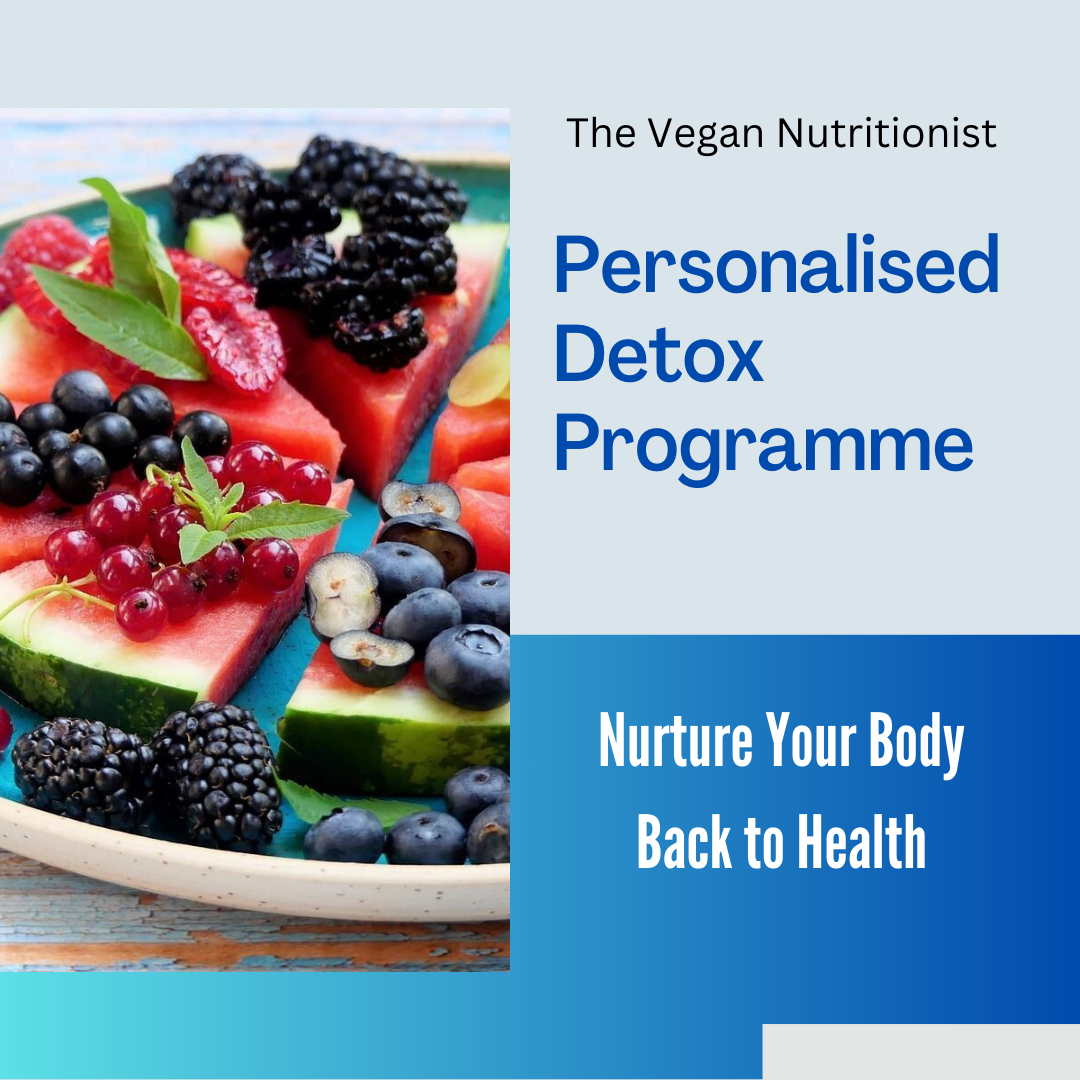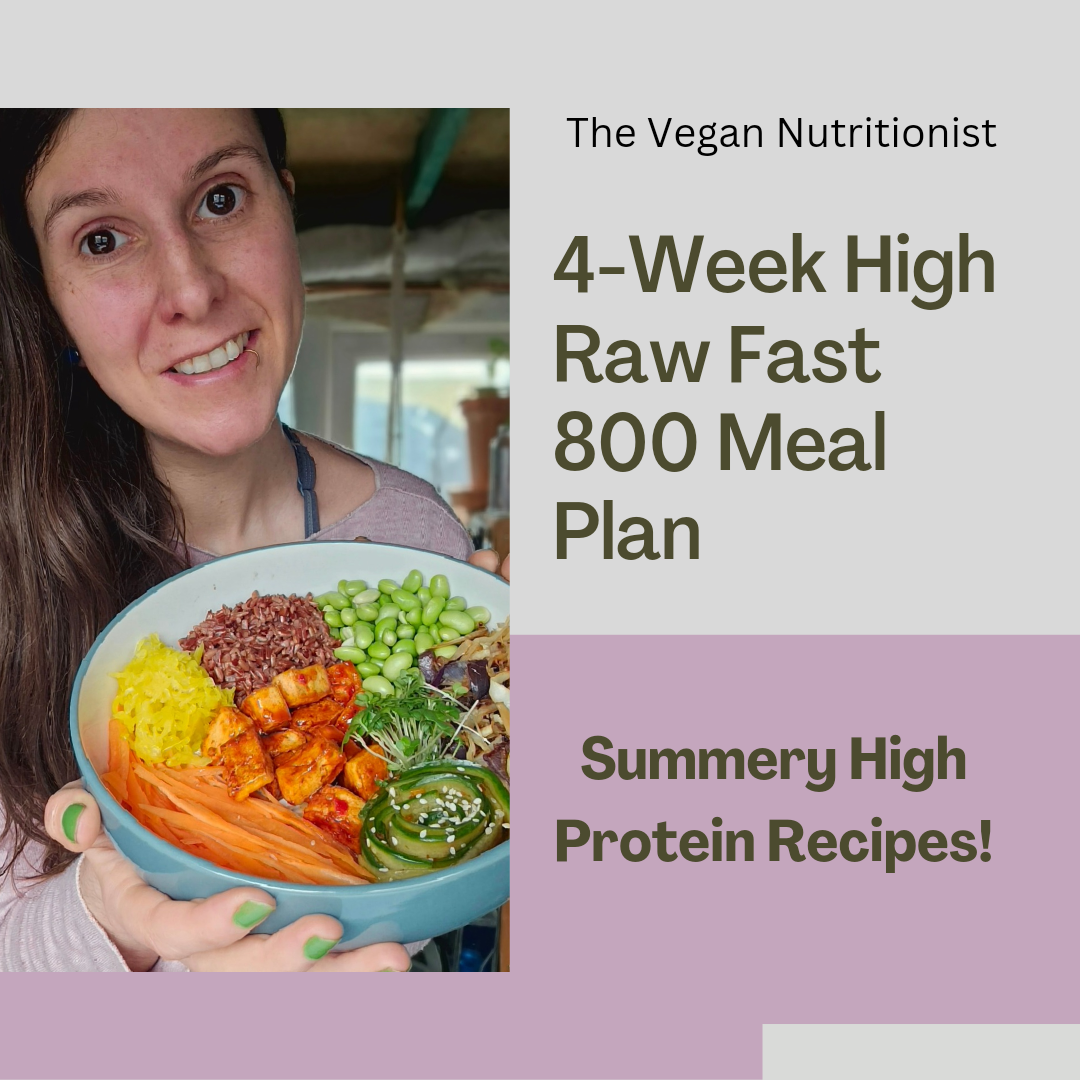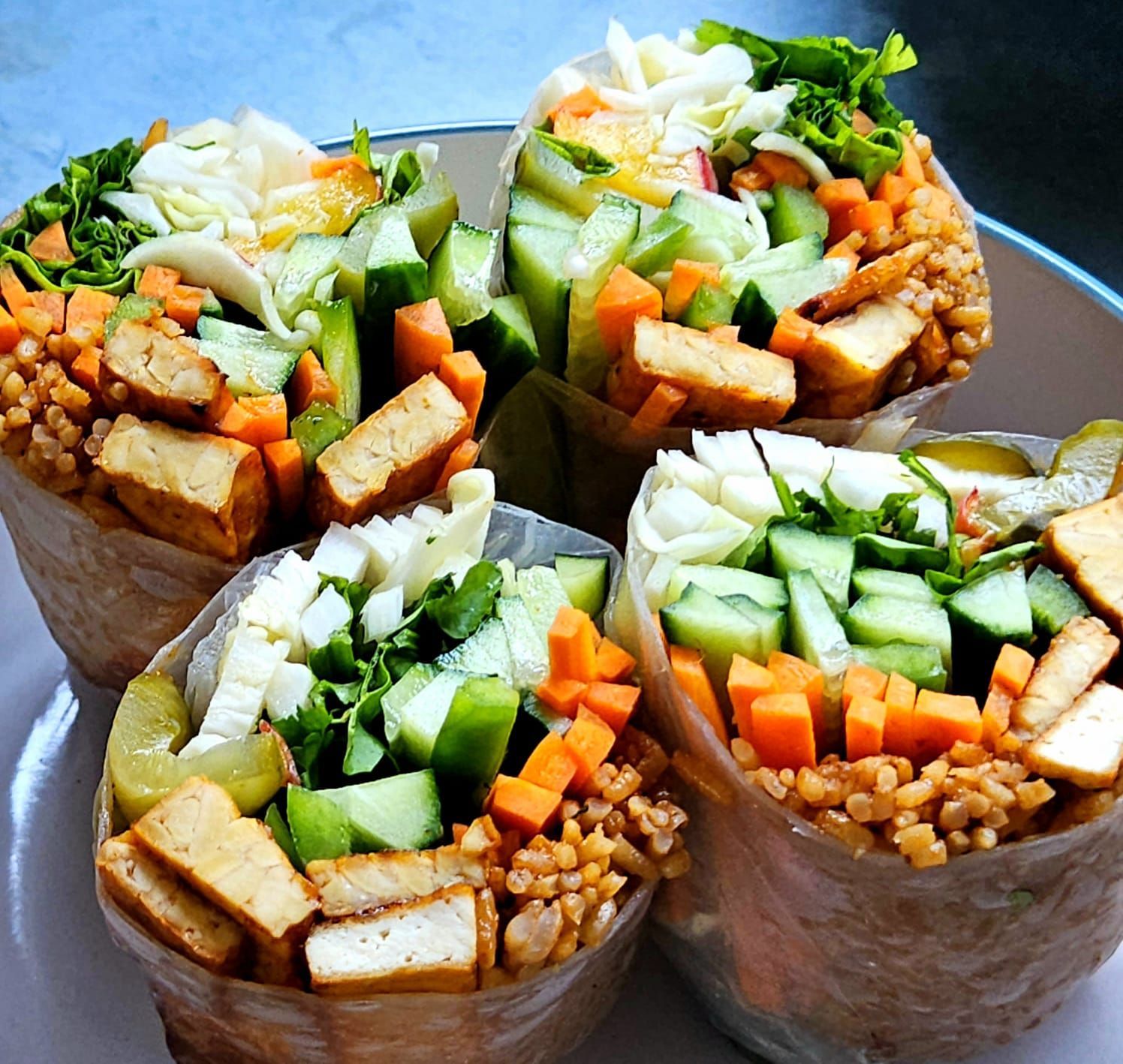The Natural Management of ADHD
Do you want to effectively reduce symptoms of ADHD naturally? Adopting a dietary approach is gaining widespread recognition as an effective solution.
This article contains affiliate links. I may gain commission if you decide to make a purchase through any of my links or promo codes.
Incorporating a balanced diet that includes whole foods, reducing sugar intake, and incorporating exercise into daily routines are some of the ways to manage ADHD symptoms naturally.
Research has linked certain foods to better management of ADHD symptoms and some people have found relief by making dietary changes.
If you or a loved one are looking to naturally reduce symptoms of ADHD, it's worth exploring dietary changes as an option alongside traditional treatments.
This article aims to highlight the growing recognition of natural solutions to alleviating ADHD symptoms.

Natural approaches to managing ADHD through diet
Individuals seeking to reduce their ADHD symptoms through dietary means should consider a significant reduction in the consumption of processed foods, sugar, and artificial additives. (1) Instead, they should focus on consuming whole foods which consist primarily of fresh fruits and vegetables as well as plant-based proteins such as tofu or beans, healthy grains, and beneficial fats. This natural approach may prove highly effective for those looking to manage their symptoms more effectively. (2)
Embracing a holistic and unprocessed approach towards managing ADHD symptoms can yield incredible results. By including wholefoods in your diet, you can effectively enhance your overall health and well-being while potentially reducing the symptoms associated with ADHD. This approach to eating fosters a more balanced and nutritious lifestyle that is sure to bring about positive results for both mind and body. (3)
In recent years, natural approaches to managing ADHD, such as dietary changes and supplements, have gained widespread recognition as an effective solution alongside traditional treatments.

Natural Supplements to support ADHD symptom management
Another strategy for the natural management of ADHD is to include supplements in your diet.
Including more omega-3 fatty acids in your diet has been shown to be beneficial for individuals with ADHD. These healthy fats are found in foods such as microalgae or sea buckthorn supplements, as well as various plant-based sources including chia seeds, hemp seeds, and walnuts. (4)
Studies have shown that alongside omega-3 fatty acids; zinc, iron, and magnesium are some of the key supplements that can also help to manage ADHD symptoms.
These supplements can be taken separately or together in a supplement form. Supplements should be organic and derived from natural sources to avoid any harmful additives or chemicals.
Furthermore, natural plant extracts such as ginkgo biloba and Bacopa monnieri have also demonstrated efficacy in improving cognitive function and reducing ADHD symptoms. Other plants that may be useful include Rhodiola rosea, Panax ginseng, and Ashwagandha.
Natural approaches to managing ADHD symptoms through dietary changes and supplements can be effective in improving cognitive function and reducing the overall effects of this neurodevelopmental disorder.
Remember, every body responds differently to dietary changes and supplements for managing ADHD symptoms. While natural supplements can be helpful, it's not advisable to rely solely on them as treatment. Take a holistic approach and keep in touch with your healthcare provider throughout the process for best results.

The effect of Lion's Mane on the brain with ADHD
In addition to dietary changes, some people with ADHD are turning to natural supplements such as Lion's Mane mushroom for potential cognitive benefits.
Lion's mane extract has cognitive-enhancing health benefits, notably increasing nerve growth factor production (NGF), which is important for neuroprotection. It could potentially improve cognitive function and manage ADHD symptoms. Studies have shown that people with ADHD may experience dysregulated NGF levels as it plays a role in neuronal development and plasticity. Using lion's mane extract may offer hope by aiding the brain to make new connections. (5)
Studies suggest that Lion's Mane mushroom can improve cognitive function, including memory and focus, which are areas that individuals with ADHD often struggle with.
Lions mane is safe and can be easily consumed as a powder dietary supplement added to food and drinks or in capsule form. It can also be grown using a mushroom grow kit and enjoyed fresh in delicious recipes.
Lion's mane mushrooms can be consumed in various ways, including raw, cooked, dried, or brewed as tea.
These fungi can also be incorporated into meals like pasta dishes, soups and risotto. Lion's mane mushroom powder is versatile enough to mix with hot beverages like coffee and tea or added to smoothies. Additionally, it enhances the flavour of soup, stew, and gravy recipes too.
The increasing attention towards Lion's Mane as a potential remedy for Attention Deficit/Hyperactivity Disorder (ADHD) is due to its encouraging effects on anxiety and depression. Studies suggest that the mushroom has the capability of mitigating symptoms related to inattentiveness and hyperactivity, while also enhancing mood and boosting energy levels. This could prove advantageous for individuals with ADHD who grapple with emotional dysregulation and motivation issues. (6)
Although research on Lion's Mane mushroom and ADHD is limited, more studies are necessary to understand its benefits before it can be regarded as a definitive treatment option for ADHD.
If you're interested in exploring natural approaches to managing ADHD symptoms, incorporating Lion's Mane mushroom into your diet may be worth considering.

Conclusion
Purchase High Quality Lion's Mane Today!
Lion’s mane is an ancient medicinal mushroom widely considered to have potent health boosting properties. The beta glucans in lion’s mane help support both immunity and gut health. Also, has shown to be beneficial to those who are ADHD.
Get your hands on high quality Lion's Mane from Time Health to support the natural management of ADHD. Experience the significant benefits of lions mane after using it regularly for at least three months. Don't miss out on this opportunity and remember to apply discount code wyles15 at checkout for an extra saving!
Please feel free to let me know if you have any queries or require further assistance. I am happy to provide guidance on sourcing natural, supportive supplements and can offer my services to improve your overall well-being.
Thanks for reading!
Blog Post by Rose Wyles - The Vegan Nutritionist
For professional assistance in adopting a healthy and nutritious plant-based diet, kindly reach out to me using the form provided below. I can help you address any possible nutrient deficiencies or health concerns and ensure that your nutritional needs are met through the consumption of plant-based foods.
Additionally, use my services to create a customised plan for reaching your health and wellness goals which includes personalised meal plans, nutritional advice, tasty plant-based recipes, and more.
Start your journey to better health and wellness today!
References
- The food additive-free diet in the treatment of behavior disorders: a review - PubMed (nih.gov)
- Effects of a restricted elimination diet on the behaviour of children with attention-deficit hyperactivity disorder (INCA study): a randomised controlled trial - The Lancet
- Attention-Deficit/Hyperactivity Disorder: Dietary and Nutritional Treatments - ScienceDirect
- Polyunsaturated fatty acids (PUFA) for attention deficit hyperactivity disorder (ADHD) in children and adolescents - PMC (nih.gov)
- Serum nerve growth factor (NGF) levels in children with attention deficit/hyperactivity disorder (ADHD) - PubMed (nih.gov)
- Depression and Suicidal Behavior in Young Adult Men and Women With ADHD: Evidence From Claims Data — Penn State (elsevier.com)
- The effect of sugar on behavior or cognition in children. A meta-analysis - PubMed (nih.gov)
Share this Post!

Reach out by sending me an email
Need assistance with your diet or health goals? I'm here to help. Send me a message and I'll be in touch.





